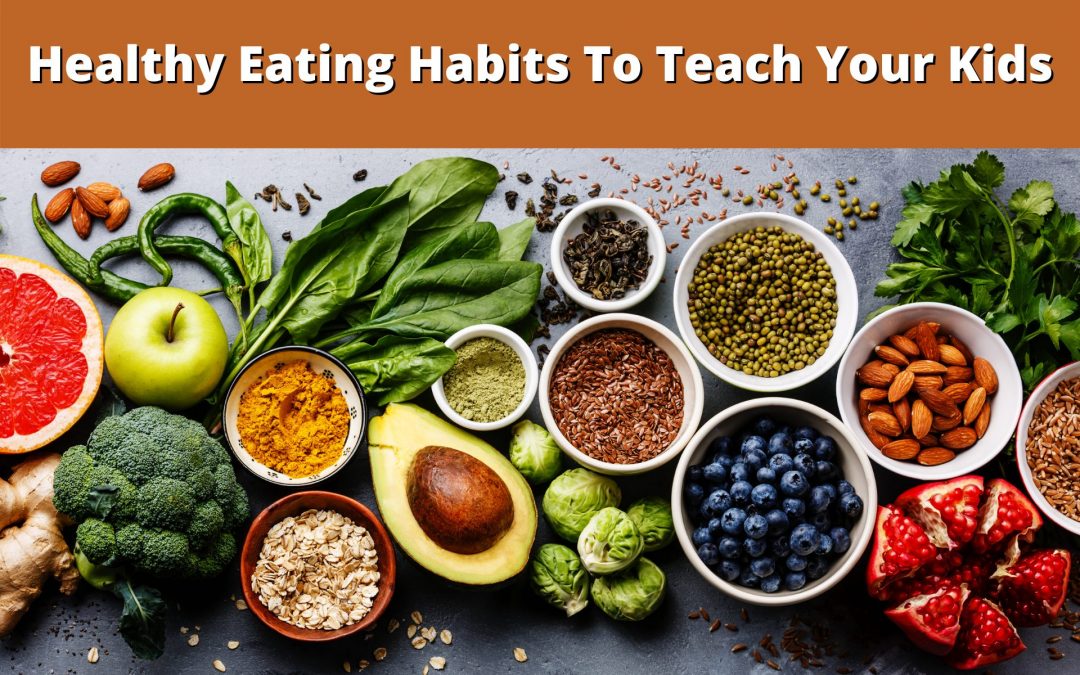The new year is a perfect time to start teaching your kids healthy eating habits. These will help them grow up strong and will stick with them for years to come. And you may pick up the healthier practices as well!
Don’t Skip Breakfast
Breakfast is called the most important meal of the day for a reason. A healthy breakfast will give your child the energy they need to stay focused during morning classes or other activities. You don’t need to force a large meal into your child if they don’t have a big appetite in the A.M., but encourage them to get something down before school starts. Oatmeal, low-sugar cereals, and fruit-packed smoothies are all good ideas.
Drink Plenty of Water
This is more of a healthy drinking habit, but it’s so important that it applies here as well. People often mistake thirst for hunger, so you’re more likely to snack when you’re dehydrated. Choose water as your drink of choice — soda and many fruit juices contain lots of sugar with little to no nutrients. If your kiddo gets used to drinking plenty of water now, they’ll be less likely to develop a soda habit later in life.
Eat the Rainbow
Your child’s diet should be full of all the colors of the rainbow (and we’re not talking Skittles here!). Make sure they eat a wide variety of fruits and vegetables to stay strong and healthy. Your child will be more likely to munch on these healthy snacks if they are involved in the buying process, so let them pick out their favorites at the grocery store. Explain to them that colorful foods will make them happier and healthier.
Stop When You’re Full
Although many parents feel like they can barely get their kids to eat a single bite of food at dinner, it is important to teach your child to honor their fullness cues. Forcing children to clean their plates after their full can cause them to overeat, which can lead to obesity down the road. Talk to your child about what it means to be full and how they can recognize both hunger and fullness in their body. (Also explain that being “full” at dinner doesn’t mean they get to skip to dessert!) Understanding their body’s cues will help them develop healthy eating habits as they get older.
ID Cards for Homeschool (https://www.idcardsforhomeschool.com/) is an initiative program that allows you to build a custom ID card for you and your homeschooling child/children. It is recommended by law enforcement that your child has some form of ID in case of emergencies. On top of a student ID card, homeschooling parents are considered educators. Because of this, parents should have documentation that identifies them as such, for several beneficial reasons.

